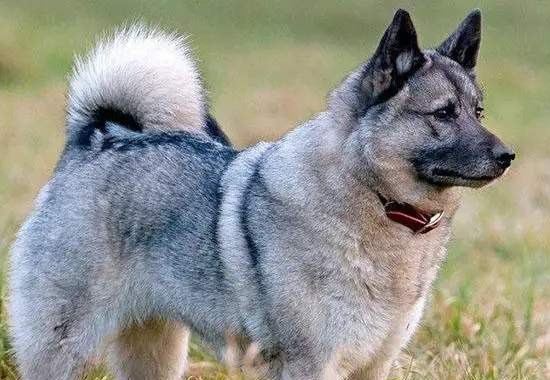Dogs' fondness for chewing things is due to multiple reasons. Here are the main ones:

I. Physiological Needs
- Teething Period: Puppies experience a teething stage from 3 to 6 months old. During the process of tooth growth and replacement, their gums feel itchy and painful. Chewing on things helps relieve discomfort and promotes the growth of new teeth.
- Dental Care: Even adult dogs can clean their teeth and exercise their gums through chewing, which is beneficial for oral health.
II. Psychological Needs
- Exploring the World: Dogs perceive the environment through their mouths. Chewing on things is a way for them to explore objects. Through chewing, they can understand the texture, taste, and function of objects.
- Releasing Stress: When dogs feel anxious, bored, or lonely, chewing on things can serve as a way to distract and relieve stress.
- Cognitive Development: During the growth process of puppies, they learn and understand the surrounding world by chewing on different items.
III. Games and Exercises
- For dogs, chewing is also a form of play and exercise. It can consume excess energy, especially for lively and energetic dogs.
IV. Insufficient Habits and Training
- If dogs are not correctly guided from an early age and develop bad habits such as chewing on furniture and shoes, they may continue this behavior when they grow up.
V. Health Problems
- Dogs lacking trace elements or suffering from pica may also exhibit the phenomenon of chewing on non-food items.
For chewing behavior caused by emotional problems, it can be improved by increasing interaction time, providing a safe environment for being alone, and conducting appropriate behavior training. For puppies going through the teething period, special attention should be paid to providing moderately hard and safe teething tools. In addition, ensuring a balanced diet for dogs is also very important because certain nutritional deficiencies may also lead to dogs chewing on things randomly.
 +86-15501882496
+86-15501882496 +86-15501882496
+86-15501882496 Contact us:ejucms1@qq.com
Contact us:ejucms1@qq.com Add:920-1002 East Jiefang Road,Wuxi,Jiangsu,China
Add:920-1002 East Jiefang Road,Wuxi,Jiangsu,China